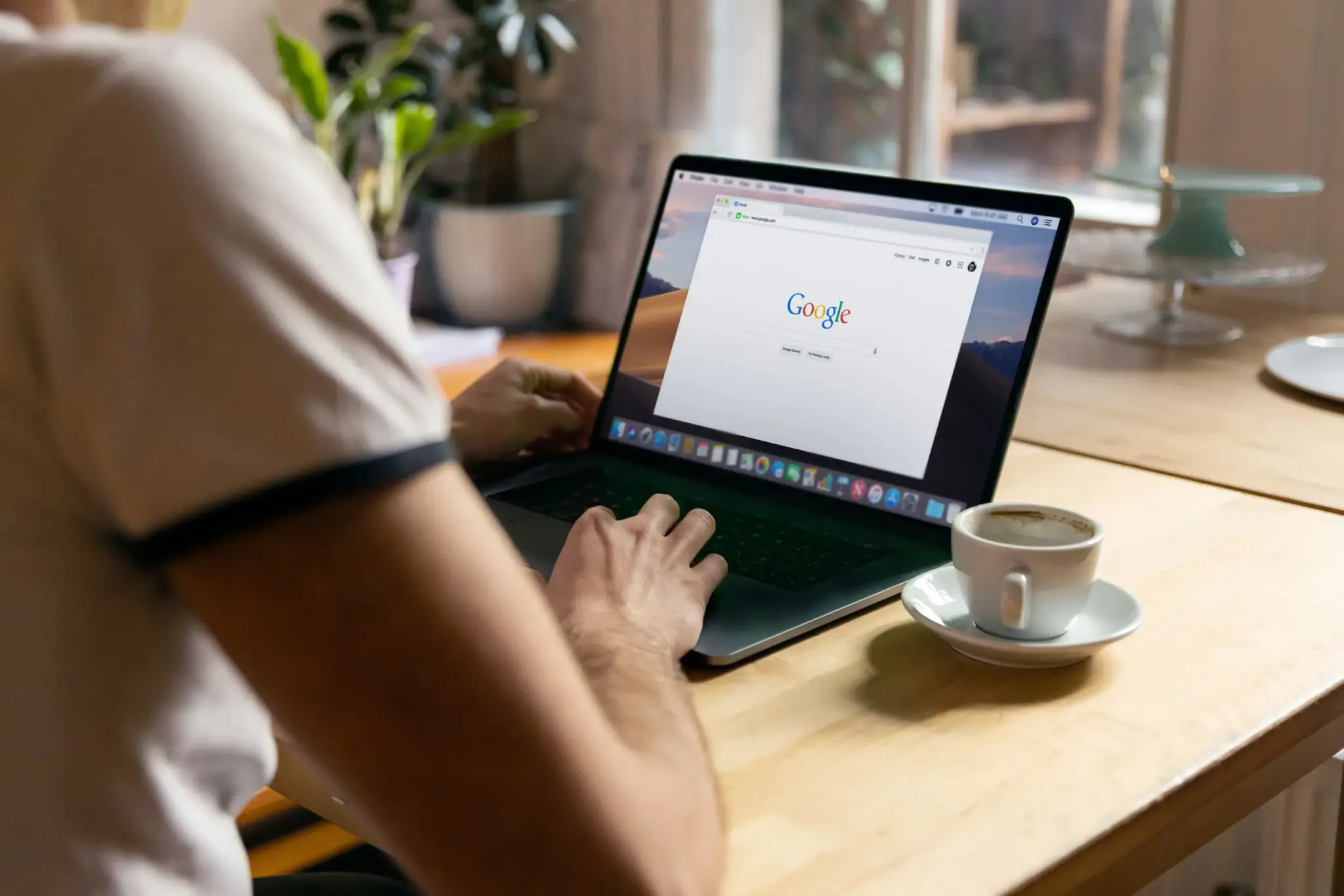To Join or Not to join? Clubhouse App Privacy
DeleteMe
Reading time: 8 minutes

Table of Contents
Remember Clubhouse? Launched in April 2020, the originally invite-only social networking platform looked like it might be the “next big thing.”
Founded by ex-Google employee Rohan Seth and Silicon Valley entrepreneur Paul Davison, Clubhouse received a $12 million investment from the VC firm Andreessen Horowitz after just two months of existence. A few months later, it was valued at $100 million — even though at the time it had only 1,500 users — and by January 2021, Clubhouse’s valuation had hit $1 billion.
At least at the start, scoring an invite to Clubhouse was not easy. The exclusive audio chat platform was known for its many famous users, including Oprah Winfrey, Ashton Kutcher, Jared Leto, Wiz Khalifa, Mark Zuckerberg, and Elon Musk.
In mid-2021, the “invite-only” feature was dropped. Today, Clubhouse has 3.5 million active users.
But just because anyone can now join Clubhouse doesn’t necessarily mean they should. As always, when joining any social media platform, weighing the pros and cons is a good idea. In Clubhouse’s case, one of its biggest drawbacks is its many privacy issues.
What Is Clubhouse?

Clubhouse is a (primarily) audio-based social media platform. Clubhouse users can join “rooms” where they can listen to or contribute to other people’s conversations or start their own. There’s also an in-room chat where users can communicate with one another through text, even when someone is speaking. The rooms, which can be either private or public, are closed after a conversation is over.
Topics for rooms can be everything from business to hip hop to Star Wars to LGBTQ+ rights and everything in between.
During the platform’s heyday, one group of black creatives even put on a musical through its rooms, and Elon Musk used Clubhouse to interview Vlad Tenev, the chief executive of the stock trading app Robinhood, an event that sparked a black market for Clubhouse invites.
In addition to rooms, there are also “Houses.” These are invite-driven spaces for community members, fans, or groups of friends. Unlike in a standard room, where you need permission to talk, anyone part of a House can unmute themselves.
Clubhouse App Privacy Concerns and Controversies

Clubhouse clearly states in its Privacy Policy that it “does not sell the personal information of its users.” That being said, it has had its fair share of privacy issues and controversies.
Clubhouse harvests contact lists and creates “shadow accounts”
When you sign up to Clubhouse, it asks you to share your phone’s address book. This is so that Clubhouse can recommend you people to follow and allow you to invite friends that aren’t yet on the platform.
The problem is that Clubhouse doesn’t necessarily know who in your contacts list is an actual friend and who isn’t. When the journalist Will Oremus joined Clubhouse, the platform prompted him to invite his barber, former pediatrician, and even a health worker that once cared for his dying father.
Oremus’ article “Clubhouse Is Suggesting Users Invite Their Drug Dealers and Therapists” explains how by sharing your contacts list, you expose everyone whose number you ever saved in your phone book, even the ex who used to stalk you.
Moreover, when one of your contacts joins Clubhouse, you get a push notification that nudges you to “walk them in.” Click on the notification, and you’ll be taken to a private Clubhouse room with your contact and other users who may have had them in their contacts list.
While this feature not only tells Clubhouse who is connected to who and potentially helps it build “shadow profiles” of people who are not on the platform, it can also lead to awkward or disastrous situations. New users can inadvertently be brought into contact with people they would rather avoid.
The smart thing to do here is not to share your contacts list with Clubhouse.
Yet whether you share your contacts or not makes little difference because your privacy is closely linked to that of other Clubhouse users. In a Vox article, Sara Morrison writes, “When I joined, I didn’t give Clubhouse access to my contacts. […] Nevertheless, a few minutes later, I had a bunch of followers from my contacts. Even worse: I got followers who weren’t in my contacts at all — but I was in theirs.”
Clubhouse temporarily records audio chats
Clubhouse’s practice of “temporarily” recording audio chats is also a bit worrying.
According to their Privacy Policy, Clubhouse temporarily records user audio for the purpose of trust and safety violations. Audio from audience members and muted speakers isn’t captured. If no incidents are reported while the room is active, the recording is deleted.
However, Clubhouse doesn’t specify what they mean by “temporary.” In other words, temporary could be a few minutes or hours, but it could also be a few weeks or even months.
Clubhouse is not end-to-end encrypted
Although Clubhouse’s Privacy Policy states that all recordings are end-to-end encrypted, privacy experts have disputed this.
In a LinkedIn article, privacy advocate Alexander Hanff writes, “If they are recording the conversations in the room for investigative purposes, clearly the audio messages are not end-to-end encrypted.”
By the way, while people in rooms are not supposed to record conversations, not everyone follows the rules. Clubhouse conversations have been publicly leaked or even live-streamed before.
Should You Connect Your Twitter Account to Clubhouse?

Connecting to Clubhouse via your Twitter could potentially be another way for you to find your friends and vice versa. However, connecting other social media accounts may also be another way for Clubhouse to access more of your data. If that possibility makes you uncomfortable, don’t do it.
Should You Be Worried If the Privacy Policy Is Suddenly Empty?

There have been cases where Clubhouse’s Privacy Policy, as well as other pages, like its Terms of Service and Community Guidelines, have been inaccessible. Sara Morrison of Vox reached out to Clubhouse to ask why that happened but received no response, which doesn’t inspire much confidence.
What Kind of Data Does Clubhouse Collect?

In fairness to Clubhouse, they’re transparent about the kind of data they collect about you. However, that doesn’t take away from the fact that they collect a lot of information. This information includes data that could potentially be used to identify you (i.e., personal information).
For example, Clubhouse knows your:
- Name
- Phone number
- Email address
- IP address
- What you look like through your user photo
- Who you’ve connected to, and how you interact with them through the platform
- How you use their service
- Browser type
- Cookie data
The above is far from exhaustive, and this list goes on further. Make sure to check out Clubhouse’s Privacy Policy to see all the data that the platform collects on you.
Is Clubhouse’s Harvesting of Contact List Information Illegal?

Harvesting contacts list information and sharing friends’ personal data without their consent is illegal in the EU. However, in the U.S., once friends add your details to their address book, it becomes their personal information. If they share it with Clubhouse, it then becomes Clubhouse’s information.
In the EU, the Hamburg data regulator has demanded that Clubhouse provide information about how they treat European users’ and their contacts’ privacy. They’re also questioning Clubhouse’s custom of temporarily storing recordings of conversations and the fact that their Privacy Policy is available only in English, making it harder to understand for non-native English speakers.
The platform was also investigated by a French privacy regulator and fined by Italy’s privacy watchdog.
While no objections to Clubhouse’s practices have been brought forward by any state body in the U.S., California residents can request to see the data that Clubhouse has on them and, “under certain circumstances,” ask that their data be deleted.
Should You Sign Up to Clubhouse Given Clubhouse App Privacy Concerns?
The hype around Clubhouse has died down a long time ago.
According to a 2023 survey, Clubhouse saw the second-largest decline in downloads recently (almost 60%).
If, even after reading all about Clubhouse and its privacy issues, you still want to join the platform, be sure to read its Privacy Policy in full beforehand and follow the same precautions you would anywhere else (i.e., keeping your personal data private, etc.)
Our privacy advisors:
- Continuously find and remove your sensitive data online
- Stop companies from selling your data – all year long
- Have removed 35M+ records
of personal data from the web
Save 10% on any individual and
family privacy plan
with code: BLOG10
news?
Don’t have the time?
DeleteMe is our premium privacy service that removes you from more than 750 data brokers like Whitepages, Spokeo, BeenVerified, plus many more.
Save 10% on DeleteMe when you use the code BLOG10.















